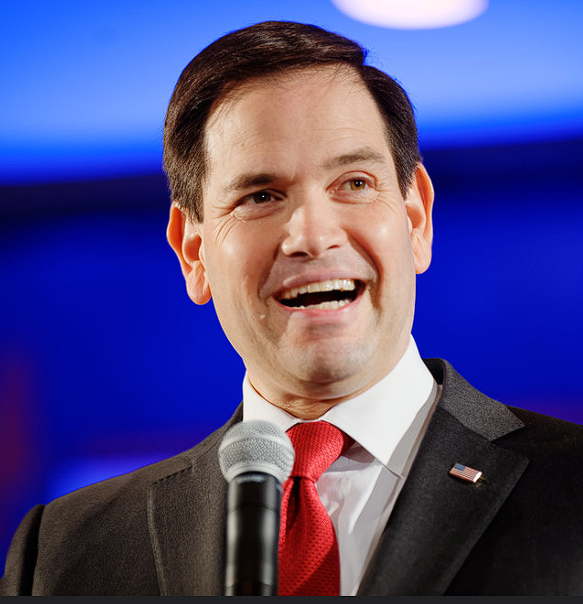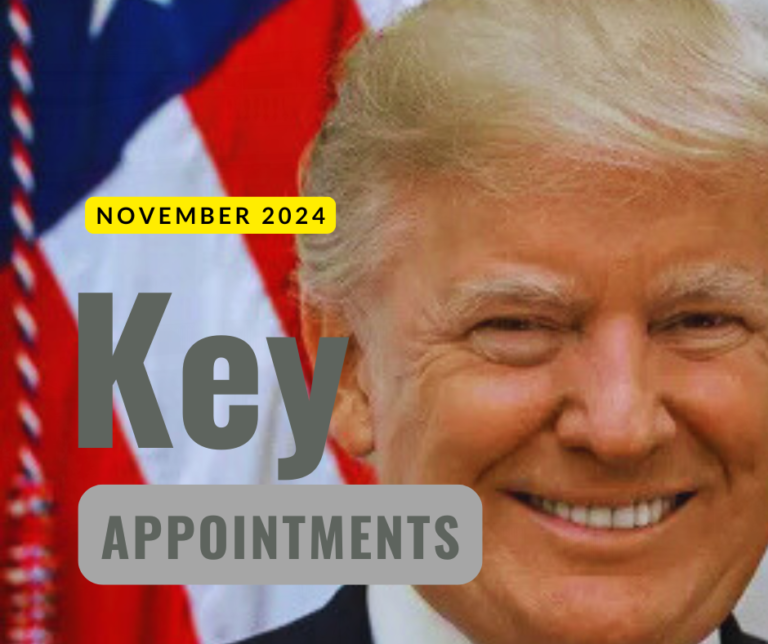
In a bold move that continues to shape his administration’s foreign policy priorities, President-elect Donald Trump has announced his nomination of Republican Senator Marco Rubio as the next U.S. Secretary of State. This decision comes as part of Trump’s ongoing efforts to build a strong diplomatic team ahead of his January 2025 inauguration. Rubio’s selection marks a significant moment in U.S. politics, as it brings together two figures who once clashed in a bitter Republican primary race but have since reconciled under shared political goals.
A Senator with Global Influence
Marco Rubio, currently serving as a U.S. Senator from Florida, has long been a key player in shaping American foreign policy. As a member of the Senate Foreign Relations and Intelligence Committees, Rubio has established himself as a leading voice on issues ranging from the U.S.-China relationship to Middle Eastern conflicts. His views on foreign policy align closely with Trump’s “America First” agenda, which stresses prioritizing American interests on the global stage while maintaining strong, strategic alliances. Rubio’s nomination signals a commitment to assertive foreign diplomacy that mirrors Trump’s vision for the U.S. as a dominant global force.
Throughout his career, Rubio has gained a reputation as a fierce critic of the Chinese government, advocating for a tough stance on issues like trade imbalances, human rights violations, and security threats posed by Chinese influence. He has also been vocal about the importance of confronting threats from Russia and advocating for greater support of U.S. allies in the Middle East, particularly Israel. His hawkish stance on foreign policy and his advocacy for robust military responses make him a formidable choice for Secretary of State.
Strengthening Ties with Allies and Confronting Adversaries
Rubio’s nomination is particularly notable for his approach to both U.S. allies and adversaries. He has consistently supported military and economic assistance to countries like Israel, pushing for greater cooperation between the U.S. and its allies in the fight against terrorism. Rubio’s position on Israel is in line with Trump’s strong backing of the nation, particularly regarding the conflict in Gaza. Rubio has publicly stated that Hamas, which controls Gaza, is a terrorist organization that must be eliminated, a position he shares with Trump. His appointment would likely signal a continuation of U.S. policies that strongly support Israel and other democratic nations in the region.
On the other hand, Rubio has long been a vocal critic of Cuba’s Communist government and has taken a hard stance against the Cuban regime’s human rights violations. His appointment could pave the way for a more assertive U.S. foreign policy toward Latin America, especially with regard to Cuba and Venezuela, both of which remain under scrutiny for their authoritarian regimes.
Challenges and Opportunities for Rubio
Despite the strong backing of his nomination, Rubio’s appointment could face some political hurdles. As a longtime critic of China, particularly over issues like Hong Kong’s autonomy and human rights violations against the Uyghur Muslim minority, Rubio’s tough stance may strain diplomatic relations with Beijing. Given the Biden administration’s ongoing efforts to engage with China diplomatically, Rubio’s approach could result in tensions in an already complicated U.S.-China relationship. However, this is not expected to derail his confirmation.
In addition, Rubio’s position on Ukraine has evolved, especially regarding U.S. military support for the country amid its ongoing war with Russia. While he has voiced support for Ukraine’s sovereignty, Rubio has also suggested that Kyiv should consider negotiations with Moscow to reach a settlement. His nuanced approach to the conflict could influence future U.S. foreign policy under Trump’s administration, as the new Secretary of State will likely play a pivotal role in shaping Washington’s stance on Russia and Eastern Europe.
A New Era in U.S. Diplomacy
Rubio’s nomination represents a significant step in the evolution of U.S. foreign policy under the Trump administration. His extensive experience in foreign relations, combined with his hardline positions on geopolitical issues, positions him as a strong candidate to lead American diplomacy at a critical time in history. With his focus on confronting global adversaries and solidifying U.S. alliances, Rubio’s tenure as Secretary of State promises to continue Trump’s legacy of promoting American interests abroad while asserting a more aggressive diplomatic posture.
If confirmed, Rubio will take the helm of the U.S. State Department at a time when the world is grappling with complex challenges, including the rise of authoritarian regimes, climate change, and shifting global power dynamics. His leadership will undoubtedly shape the direction of U.S. foreign policy for the years to come.
Senate Approval and Political Implications
Given Rubio’s long-standing prominence within the Republican Party, his confirmation in the Senate is widely expected to proceed smoothly. With Republicans holding a 52-48 majority in the Senate following the 2024 elections, Rubio’s appointment is likely to garner broad support from his fellow party members. While some Democrats may express reservations about his foreign policy positions, Rubio’s bipartisan relationships, particularly with Senate Intelligence Committee Chairman Mark Warner, suggest that his confirmation will face little resistance.
In conclusion, Marco Rubio’s nomination for Secretary of State underscores President-elect Trump’s commitment to reinforcing American power on the global stage. With Rubio at the helm, the U.S. will likely pursue a more assertive, action-oriented foreign policy aimed at countering global threats and strengthening ties with strategic allies. As the nation prepares for a new chapter in its international relations, Rubio’s leadership promises to influence U.S. diplomacy for years to come.
4o mini


